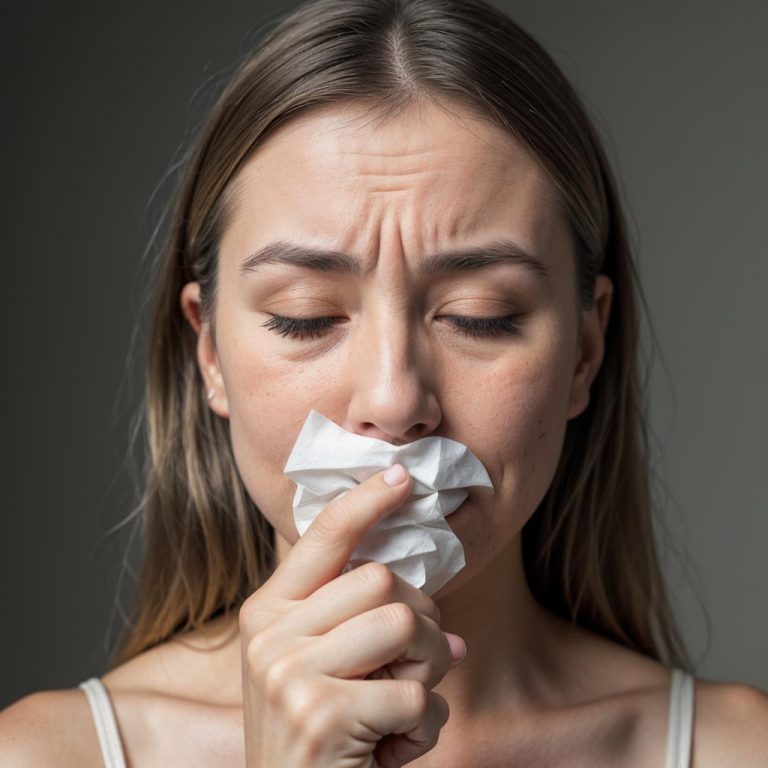
Ants are common insects found in various environments, and while their bites are usually harmless, some individuals may experience allergic reactions.
Ant bite allergy, also known as hypersensitivity to ant venom, can lead to mild discomfort or severe complications. Understanding the symptoms, treatment options, and prevention strategies is crucial for managing this condition effectively.

Symptoms of ant bite allergy
For most people, an ant bite causes mild irritation, redness, and itching at the site of the bite. However, individuals with ant bite allergy may experience more severe symptoms, including:
- Swelling beyond the bite area
- Hives or welts
- Difficulty breathing
- Wheezing
- Dizziness or lightheadedness
- Swelling of the tongue or throat
- Loss of consciousness
These symptoms can occur within minutes to hours after the bite and can escalate rapidly, posing a serious threat to health if left untreated.
Treatment options
Prompt treatment is essential for managing ant bite allergy and preventing complications. If you or someone you know experiences severe allergic reactions to ant bites, follow these steps:
- Move away from the area where the ants are present to prevent further bites.
- Wash the affected area with soap and water to remove any remaining venom.
- Apply a cold compress to reduce swelling and alleviate pain.
- If available, take an antihistamine medication to help relieve itching and inflammation.
- Seek medical attention immediately if experiencing difficulty breathing, swelling of the tongue or throat, or any other severe symptoms.
In cases of anaphylaxis, a life-threatening allergic reaction, epinephrine injection (EpiPen) may be necessary. It is essential to carry an EpiPen if you have a known ant bite allergy and to use it as directed by your healthcare provider.
After receiving emergency treatment, follow-up care may include additional doses of antihistamines or corticosteroids to prevent a recurrence of symptoms.
Prevention strategies
While it may be challenging to completely avoid ants, especially in outdoor environments, there are several steps you can take to reduce the risk of ant bites and allergic reactions:
- Avoid disturbing ant nests or colonies.
- Wear long sleeves, pants, and closed-toe shoes when spending time outdoors, particularly in areas where ants are prevalent.
- Use insect repellents containing DEET or picaridin to deter ants from biting.
- Keep outdoor dining areas clean and free of food crumbs, which can attract ants.
- Regularly inspect and seal cracks or openings in walls, windows, and doors to prevent ants from entering your home.
Additionally, consider consulting with a pest control professional if you have recurring ant infestations around your property.
Ant bite allergy can cause significant discomfort and potentially life-threatening reactions in some individuals. Understanding the symptoms, treatment options, and prevention strategies is essential for managing this condition effectively. By taking proactive measures to avoid ant bites and being prepared to respond promptly to allergic reactions, you can minimize the risk of complications and enjoy outdoor activities safely. If you suspect you have an ant bite allergy or have experienced severe reactions in the past, consult with an allergist or immunologist for proper diagnosis and management guidance.



